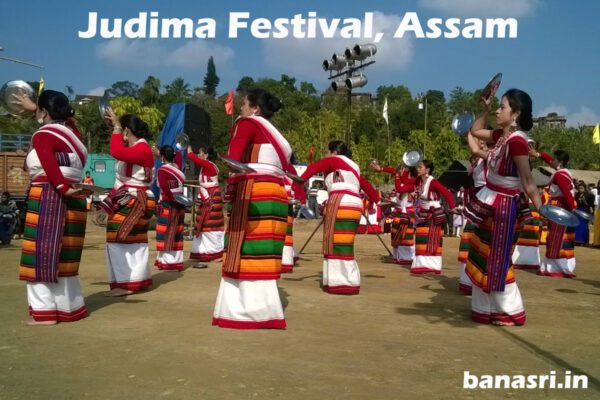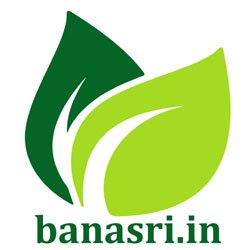
Judima Festival, Assam
Introduction
The Judima Festival is a vibrant cultural event celebrated by the Dimasa tribe in Assam, India. Named after their traditional rice beer, “Judima,” the festival is a showcase of the rich heritage, customs, and artistic expressions of the Dimasa people. It is an occasion for the community to come together, celebrate their culture, and promote their traditions to a wider audience.
Time of the Festival
- Month: The Judima Festival is celebrated annually in December.
- Duration: The festival typically lasts for three days, packed with various cultural activities and events.
Locality of the Festival
- Location: The festival is primarily held in Haflong, the district headquarters of Dima Hasao (formerly North Cachar Hills) in Assam.
- Community: The Dimasa tribe, one of the oldest ethnic groups in the region, leads the celebrations.
Nature of the Festival
Cultural and Social Significance
- Cultural Preservation: The festival plays a crucial role in preserving and promoting the unique cultural identity of the Dimasa tribe.
- Social Bonding: It serves as a platform for strengthening community bonds and fostering social harmony among the Dimasas and other participating communities.
Promotion of Traditional Arts
- Folk Dances: Various traditional dances, such as Baidima and Darsia, are performed by men and women in their traditional attire.
- Music and Songs: Folk music, characterized by the use of traditional instruments like the Kharam (drum) and Muri (flute), fills the air during the festival.
Specialties of the Judima Festival
Traditional Beverages and Cuisine
- Judima Rice Beer: The highlight of the festival is Judima, a traditional rice beer made by the Dimasa women. It is brewed using local rice and a special herb called “Thembra” and is known for its unique flavor.
- Dimasa Delicacies: The festival features a variety of traditional Dimasa dishes, including fish, pork, and bamboo shoot preparations.
Arts and Crafts Exhibitions
- Handicrafts: Exhibitions of Dimasa handicrafts, such as bamboo and cane products, woven textiles, and traditional jewelry, are organized.
- Traditional Attire: Display and sale of traditional Dimasa clothing, including the Rigu (a wrap-around skirt) and Rijamphain (a shawl), are common.
Cultural Performances and Competitions
Dance and Music Competitions
- Dance Performances: Dance troupes from various Dimasa villages compete, showcasing their skills and creativity in traditional dance forms.
- Singing Competitions: Singing competitions highlight the rich oral traditions and folk songs of the Dimasa people.
Traditional Sports and Games
- Archery: Traditional archery competitions are a popular feature, reflecting the martial heritage of the Dimasas.
- Wrestling: Traditional wrestling matches are held, drawing enthusiastic participation and spectators.
Festive Feasts
- Community Feasting: Elaborate feasts are prepared, where traditional dishes and Judima are shared among community members and visitors.
- Special Recipes: Specific recipes are made for the festival, emphasizing the use of local ingredients and traditional cooking methods.
Conclusion
The Judima Festival is not just a celebration; it is a vibrant expression of the Dimasa tribe’s cultural heritage and identity. Through its various activities, the festival aims to preserve traditional customs, promote cultural understanding, and strengthen community bonds. For the Dimasas, the Judima Festival is a time of joy, pride, and cultural rejuvenation, making it a significant event in the cultural calendar of Assam.

I’m extremely impressed together with your writing skills and also with the layout
to your weblog. Is this a paid theme or did you modify it your self?
Anyway keep up the excellent quality writing, it’s uncommon to peer
a great weblog like this one nowadays. Instagram Auto comment!
I am really inspired with your writing abilities and also with the format on your blog.
Is this a paid subject matter or did you modify
it yourself? Either way stay up the nice high quality
writing, it’s uncommon to look a nice weblog like this one
today. Snipfeed!